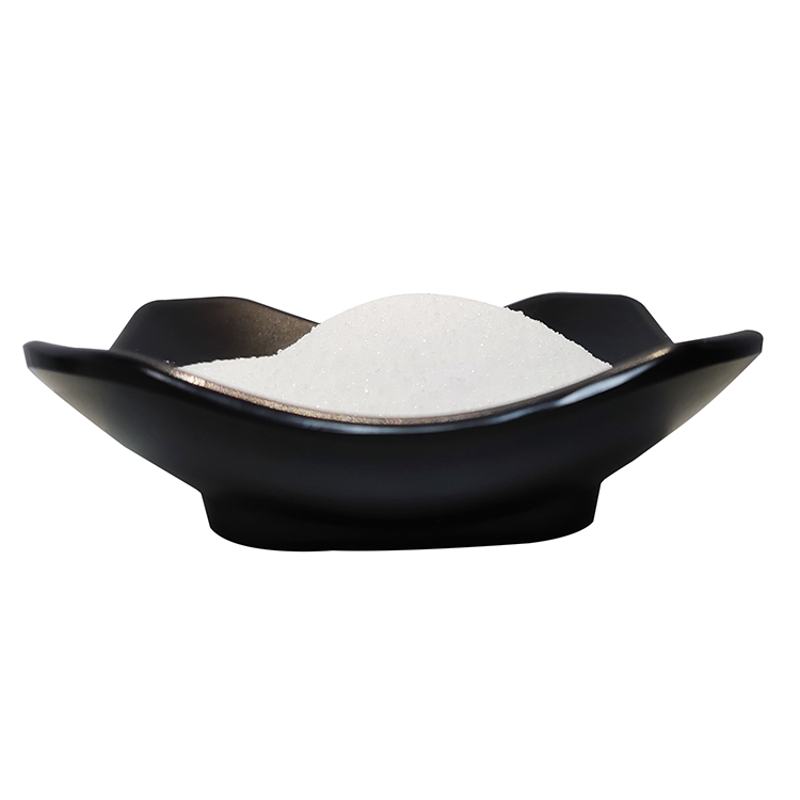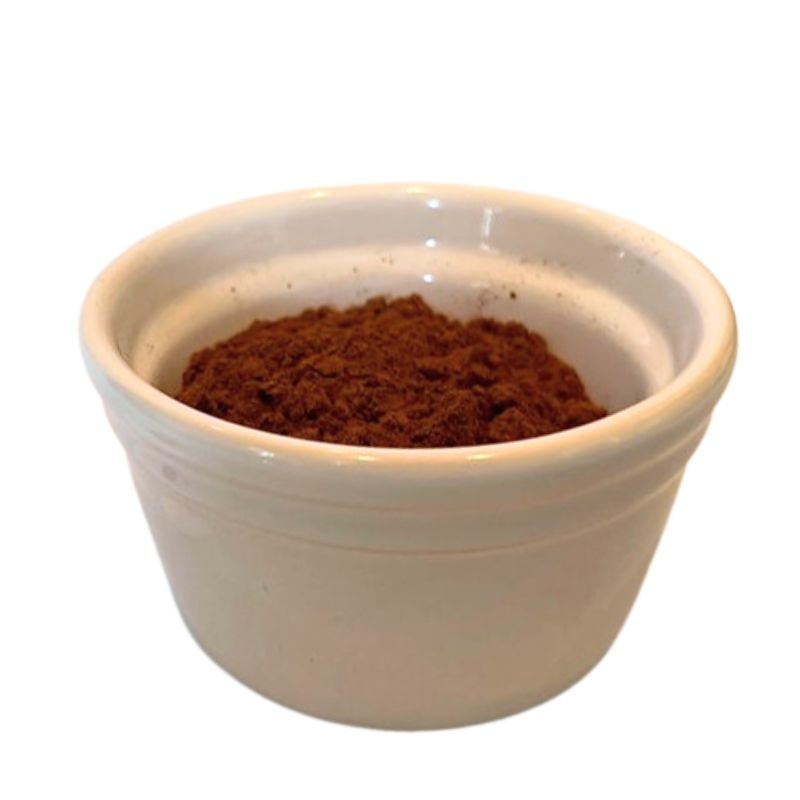-
Categories
-
Pharmaceutical Intermediates
-
Active Pharmaceutical Ingredients
-
Food Additives
- Industrial Coatings
- Agrochemicals
- Dyes and Pigments
- Surfactant
- Flavors and Fragrances
- Chemical Reagents
- Catalyst and Auxiliary
- Natural Products
- Inorganic Chemistry
-
Organic Chemistry
-
Biochemical Engineering
- Analytical Chemistry
-
Cosmetic Ingredient
- Water Treatment Chemical
-
Pharmaceutical Intermediates
Promotion
ECHEMI Mall
Wholesale
Weekly Price
Exhibition
News
-
Trade Service
In recent years, with the deepening of the concept of health, fish oil has become very popular in the domestic and foreign health care products market, and is even known as "liquid gold"
Numerous studies have previously shown the health benefits of n-3 PUFAs in fish, including EPA and DHA
The results showed that people with higher levels of DHA in their blood were 49 percent less likely to develop AD than those with lower levels
The researchers recruited 3,021 participants from the Framingham progeny cohort and recorded their erythrocyte DHA content (expressed as a percentage of DHA to total fatty acids in erythrocytes) and information about APOE-ε4 genotype
The fully adjusted model showed that participants with higher levels of DHA in their body (Q5 > 6.
Since there is a relationship between DHA content in the body and AD risk, is there a similar relationship between EPA and n-3 polyunsaturated fatty acids? The researchers found that increased red blood cell EPA and n-3 polyunsaturated fatty acid levels were not significantly associated with a reduced risk of AD, with only a slight trend
Previous studies have confirmed that APOE-ε4 is the main genetic risk factor for AD, and carrying an APOE-ε4 allele can increase the risk of AD by 3-4 times
The researchers then became interested in the interaction between APOE genotype and DHA
Separate analysis of participants with and without APOE-ε4 revealed that increased DHA levels, which reduced AD risk, were more beneficial in APOE-ε4 carriers
The study pointed out that only by increasing the DHA content in the diet can effectively delay AD and improve its impact on public health, and the "cost-effectiveness" is very high
Interestingly, the data for this study were collected from the Framingham progeny cohort
The study's corresponding author, William S.
How much should be added? The researchers suggest that dietary DHA intake of about 2 grams per day in high-risk groups may slow the occurrence of AD
(Source: Bio Valley)
"China Food News" (version 03 on June 22, 2022)
(Editor-in-charge: Han Songyan)







